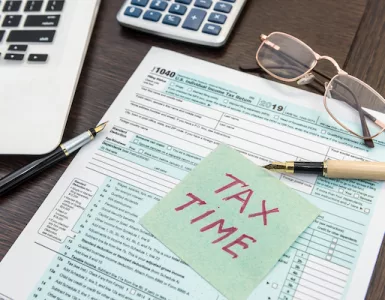Yes, bankruptcy can be avoided by taking steps such as creating a budget, reducing expenses, increasing income, and seeking help from a financial advisor or credit counseling service. Additionally, it may be possible to negotiate a debt repayment plan with creditors to avoid having to file for bankruptcy.
How Long Does Bankruptcy Affect Your Credit
The length of time that bankruptcy affects your credit varies depending on the type of bankruptcy you file for.
Chapter 7 bankruptcy, also known as a “liquidation” bankruptcy, remains on your credit report for 10 years from the date of filing.
Chapter 13 bankruptcy, also known as a “reorganization” bankruptcy, remains on your credit report for 7 years from the date of filing.
It’s important to note that although bankruptcy may have a negative impact on credit score, it can also provide a fresh start for people who are struggling with overwhelming debt and unable to repay it. Be sure to take advice from your bankruptcy attorney and start rebuilding your credit by making on-time payments on bills and loans.
Rebuilding Your Credit After Bankruptcy
Rebuilding credit after bankruptcy can take time, but it is possible. Here are a few steps you can take to start rebuilding your credit:
- Obtain a secured credit card: A secured credit card requires a cash deposit, but it can help you establish a positive credit history.
- Pay your bills on time: Late payments can have a negative impact on your credit, so it’s important to make sure all of your bills are paid on time.
- Keep balances low: High balances on credit cards can also have a negative impact on your credit, so try to keep your balances low.
- Consider a cosigner: If you’re having trouble getting approved for credit, you may be able to get approved if you have a cosigner.
- Seek credit counseling: A credit counseling service can help you create a budget and manage your debt, which can be helpful in rebuilding your credit.
- Be patient: rebuilding credit takes time, so be patient with the process and don’t get discouraged.
It’s also worth noting that some lenders may be more willing to work with you after bankruptcy, as they know that you have taken steps to address your financial issues and are working to rebuild your credit.




